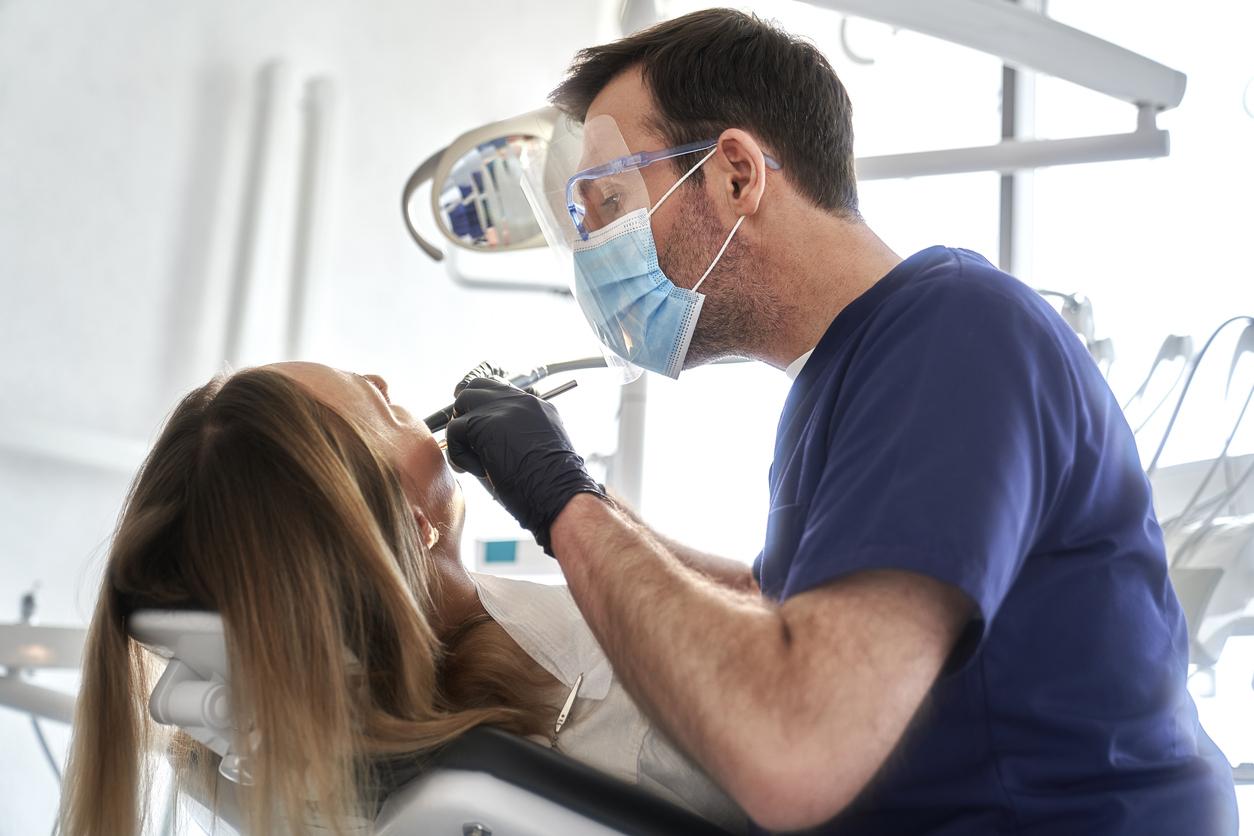The deputies rejected the bill of the deputy UDI Philippe Vigier which provided for the selective agreement of the liberal doctors.

As last month, the National Assembly again rejected Thursday a UDI bill (1) aimed at combating medical deserts. At the initiative of the centrist deputy Philippe Vigier (Eure-et-Loir), this provided for binding measures for the installation of liberal doctors.
In the event of adoption, the latter would have been forced, from 2020, to settle for at least three years in an under-resourced area in their training region. It also envisaged compulsory one-year internships in territories lacking doctors for third-year internship students, or even a numerus clausus depending on the needs by region.
Ineffective for the Minister of Health
But after two and a half hours of an intense debate, the deputies voted, on the initiative of the Socialists, a motion of preliminary rejection (42 votes against 14). Leader of this majority, the Minister of Health, Marisol Touraine, denounced the “ineffectiveness” of the “coercive measures” provided for by the UDI text. “Refusing to contract a doctor who settles in an area considered over-dense, is to risk pushing him to choose the path of deconventing. Concretely, this means that patients who go to this doctor will no longer be reimbursed by social security. It is therefore, in the long term, the creation of a privatized medicine, not reimbursed, concentrated in city centers, ”feared the tenant of Avenue Duquesne (Paris).
Disappointed with the turn of the debate, Philippe Vigier concluded: “Three years of practice in an under-endowed zone, this is not an absolute deprivation of liberty, it would make it possible to fix the young doctors who often do nomadism for on average eight years before settling down ”.
Marisol Touraine raises the numerus clausus
Defending the measures taken during her five-year term to make liberal medicine more attractive, the Minister of Health announced during this debate the opening of 478 more places in the second year of medicine in 22 faculties. The universities in question have not been specified but it corresponds, according to the Minister of Health, to an increase of 11% of their numerus clausus.
Last year, it had already been raised in some areas. The places in the second year of medicine at the national level thus increased from 7,497 to 7,676 between 2015 and 2017. With this new increase, the number of doctors trained at the national level would increase by 6.3% to reach 8,154 students, the highest figure since 1978. The effects of this measure will only be observable in a little less than ten years.
(1) The Union of Democrats and Independents (UDI)
.















